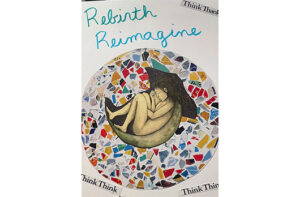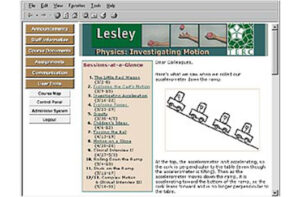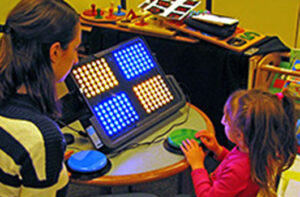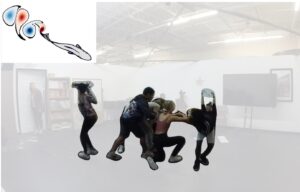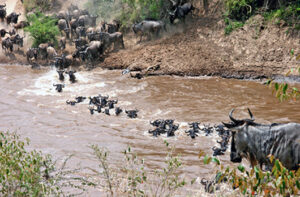Career-Life Balance for Women of Color: Experiences in Science and Engineering Academia
Rachel Kachchaf, Lily T. Ko, Apriel Hodari, & Maria Ong
Journal of Diversity in Higher Education, 8(3). September 2015.
Summary
The National Science Foundation recently recognized that career-life balance in science, technology, engineering, and mathematics (STEM) may present some unique challenges for women of color compared with their White and/or male counterparts, thus negatively impacting retention and advancement for a minority demographic that has long been underrepresented in STEM (National Science Foundation, 2011). However, there is a dearth of literature on this topic. This article advances our understanding of the nature of these challenges by analyzing career-life balance issues for three underrepresented minority women and the impact of these issues on their career trajectories. We explore the experiences of these women, at different stages of pursuing STEM academia, as they encounter career-life balance issues. Using the approach of narrative inquiry, we describe the interplay between domestic realities (e.g., social life, elder care, pregnancy) and the ideal worker norm, a prevalent gendered standard within STEM of pure dedication to scientific work. Using the lens of cumulative disadvantage we examine how the intersection of racial/ethnic and gender identities generated a set of experiences for each participant that positioned her outside that norm, resulting in significant obstacles (e.g., exclusion from professional networks, lack of support, questioning of competence). We describe how continual tension with the ideal worker norm impacted these women’s career trajectories, illustrate how their experiences of career-life balance may be different from those who more closely embody the norm, and detail issues that need to be addressed to increase the participation, retention, and advancement of women of color in STEM academia. © 2015 National Association of Diversity Officers in Higher Education.





